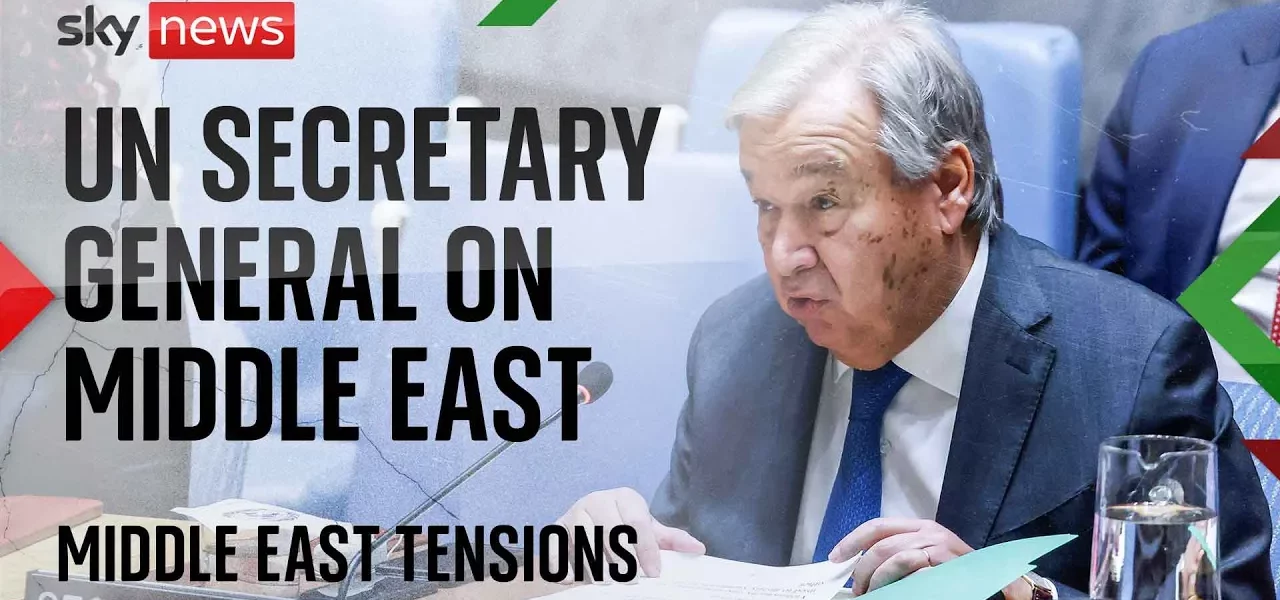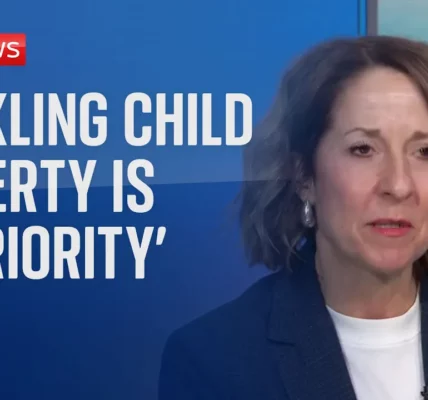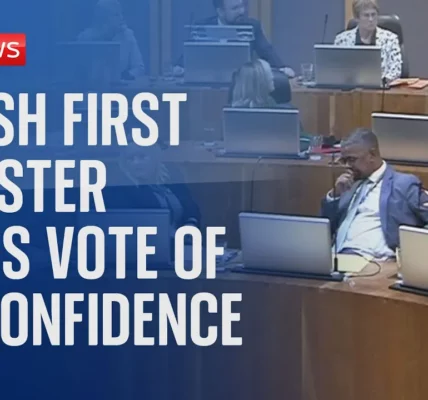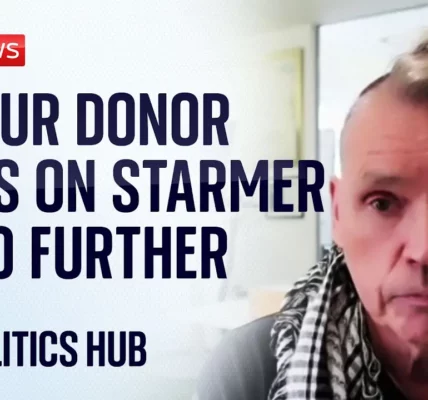Humanitarian Crisis in Gaza and Lebanon: Urgent Calls for Ceasefire

This article provides a comprehensive overview of the ongoing humanitarian crisis in Gaza and Lebanon, highlighting the urgent need for international intervention, the calls for ceasefire, and the implications for civilians caught in the conflict.
Introduction
The situation in Gaza and Lebanon has reached alarming levels, with civilians suffering the brunt of the ongoing conflict. As military actions escalate, the fundamental rights and needs of civilians are being overlooked. The international community faces an urgent call to respect humanitarian laws and ensure the protection of civilians, providing essential support such as shelter, medicine, food, and water. This article delves into the complexities of the crisis, the current humanitarian conditions, and the critical need for a ceasefire and humanitarian assistance.
The Humanitarian Crisis in Gaza
In Gaza, the situation is dire. Civilians are being ordered to evacuate without any clear safe destinations or adequate resources.
Lack of Essential Resources
The absence of safe shelters, food, medicine, and water has created a precarious environment for those affected. Many are left vulnerable and exposed, highlighting the following issues:
- Overwhelming shortages of food and water
- Insufficient medical supplies and healthcare access
- Inadequate shelter options for displaced individuals
Violations of International Law
International humanitarian law clearly mandates the protection of civilians during conflicts. The ongoing situation in Gaza raises serious concerns about compliance with these laws:
- All hostages must be released.
- Humanitarian assistance must be allowed and facilitated.
- Civilians must not be subjected to violence or forced evacuations without options.
Conditions in Southern Gaza
Southern Gaza is currently overwhelmed, with aid supplies dwindling. Israeli authorities are only permitting one unsafe road for humanitarian aid from the Kem Shalom Crossing. This poses several challenges:
Active Hostilities
Humanitarian workers face perilous conditions, including:
- Active military operations hindering aid delivery
- Violent looting driven by desperation
- Collapse of public order and safety, making it dangerous for civilians and aid workers alike
Escalation in Lebanon
The conflict is not limited to Gaza. In Lebanon, tensions are escalating rapidly, threatening to engulf the region in further violence.
Current Conflict Overview
Recent exchanges of fire have intensified along the border:
- Over 2,000 fatalities recorded in the past year due to Israeli strikes in Lebanon.
- Approximately 1 million people displaced within Lebanon.
- 300,000 refugees fleeing into Syria, exacerbating the humanitarian crisis.
International Responses and Resolutions
Despite existing Security Council resolutions, the situation remains volatile. The key resolutions include:
- Resolution 1701 – Calls for a cessation of hostilities.
- Resolution 1559 – Urges the disarmament of militias.
Urgent Humanitarian Needs
The humanitarian crisis in both regions necessitates immediate action. The UN has outlined several critical needs:
Funding Shortfalls
The humanitarian aid appeal for Lebanon is alarmingly underfunded, with only 12% of the required $426 million raised so far. This lack of funding has severe implications for:
- Access to basic necessities for displaced populations
- Medical care and public health services
- Support for local communities affected by the conflict
Calls for Ceasefire
There are growing calls for an immediate ceasefire to allow humanitarian assistance to reach those in need:
- Unconditional release of hostages.
- Humanitarian access to all affected areas.
- Long-term solutions aiming for a two-state solution between Israel and Palestine.
Conclusion
The humanitarian crises in Gaza and Lebanon underline the urgent need for international action. The violations of humanitarian law must be addressed, and the essential needs of civilians must be prioritized. As the situation grows increasingly dire, it is crucial for the international community to advocate for a ceasefire, ensure the release of hostages, and provide the necessary humanitarian aid to those in desperate need. All people in the region deserve to live in peace, and immediate action is paramount to prevent further escalation of violence.
For more information on humanitarian efforts and how to help, please visit our related articles section.
“`




